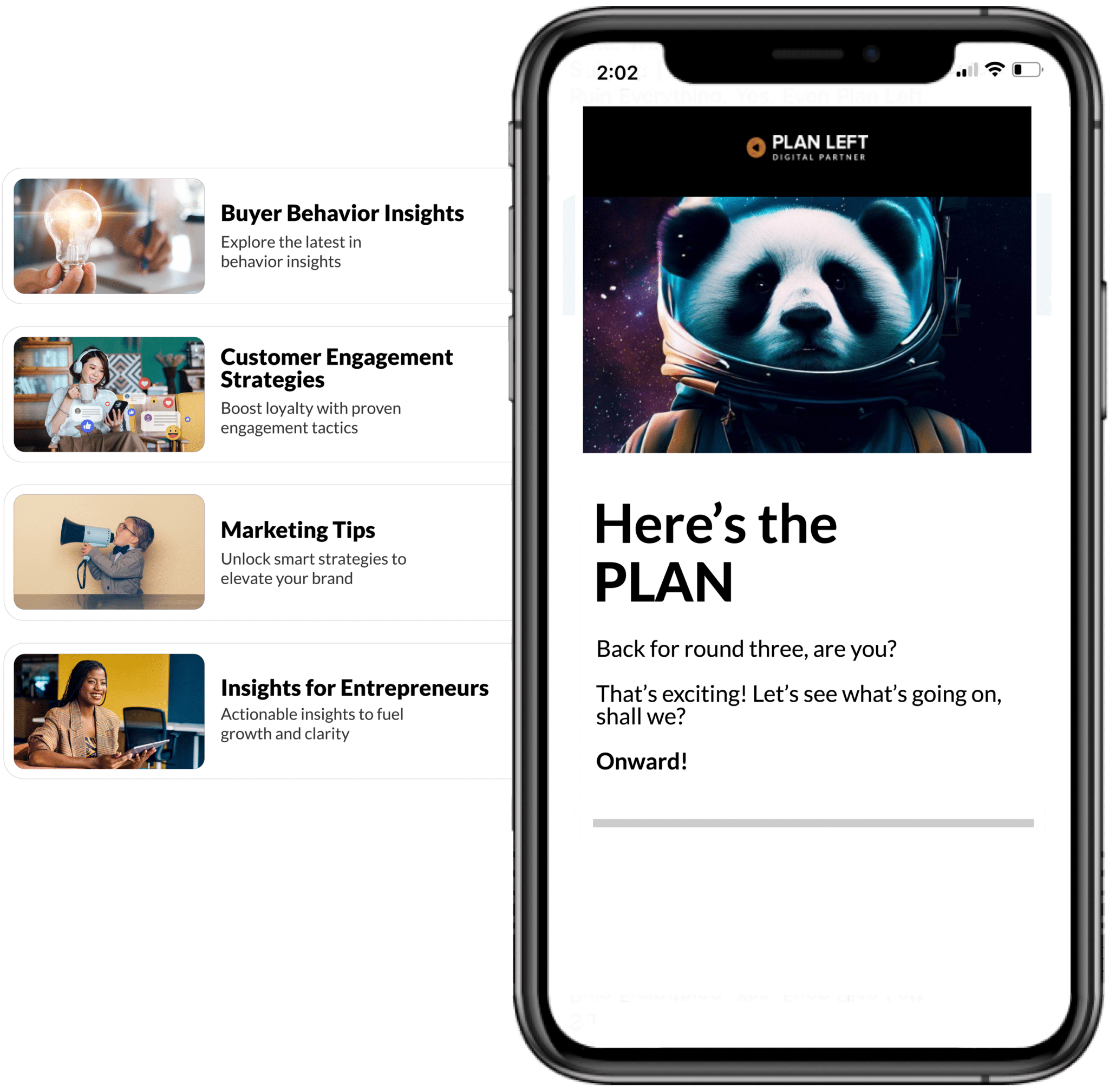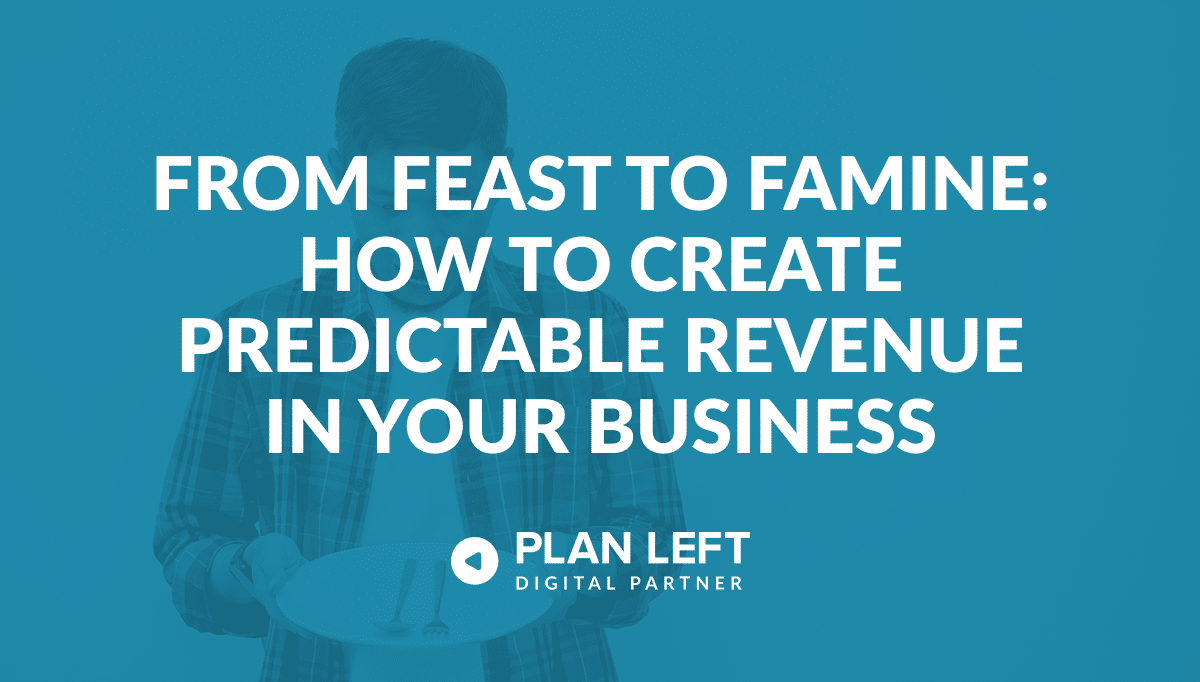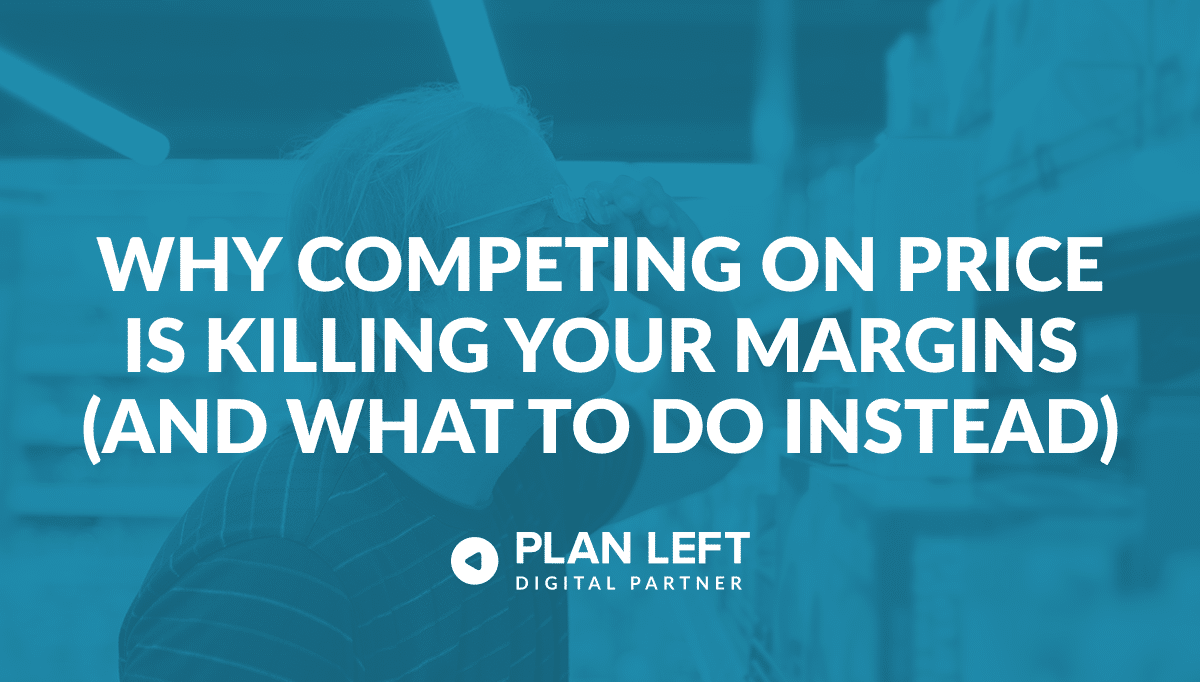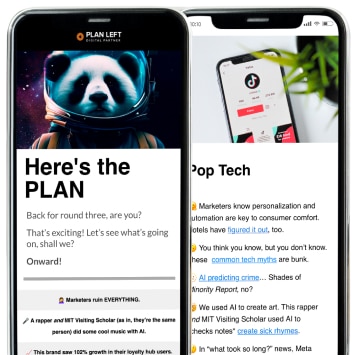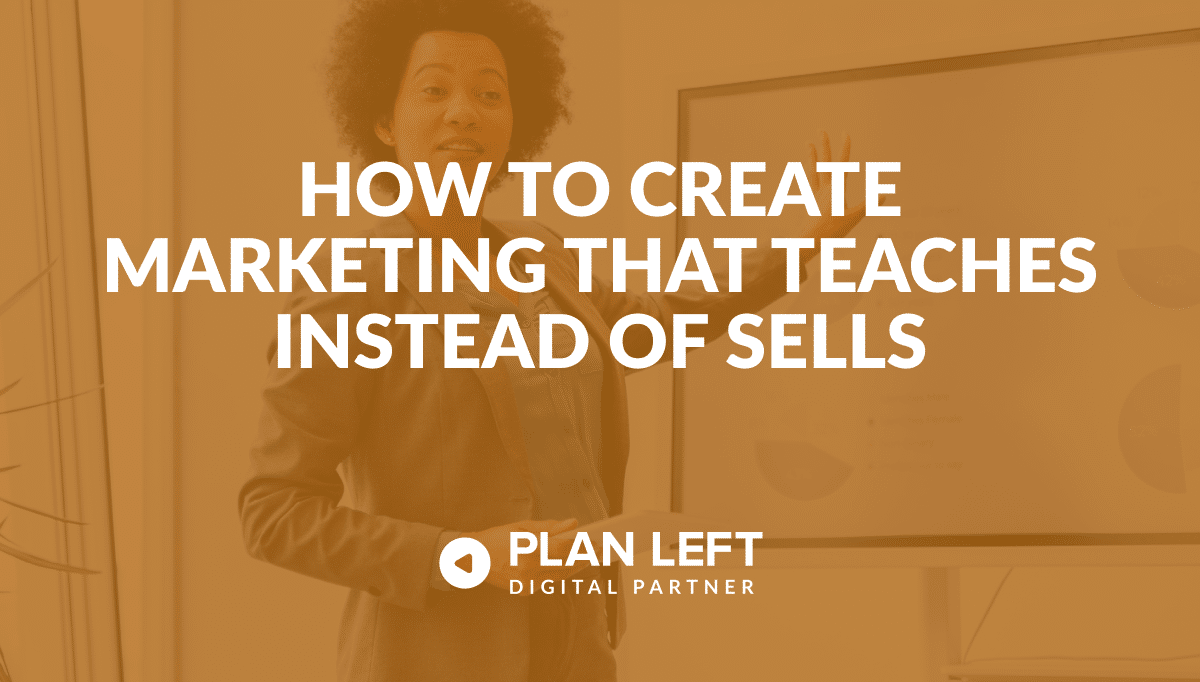
What if your marketing could do more than capture attention—what if it could genuinely transform how your audience thinks, works, and succeeds? The most powerful brands have discovered that when you lead with knowledge instead of sales pitches, you create something far more valuable than a transaction: you build lasting trust and authentic relationships.
Educational marketing represents a fundamental shift from interrupting people with messages about what you’re selling to enriching their understanding of topics that matter to them. This approach doesn’t just generate leads; it positions you as an indispensable resource in your industry.
Reimagining Marketing as Education
Foundations of Educational Marketing
The transition from selling to teaching requires more than just changing your content topics—it demands a complete mindset shift. Traditional marketing focuses on product features, benefits, and competitive advantages. Educational marketing, by contrast, centers on your audience’s challenges, aspirations, and knowledge gaps.
When you embrace educational marketing, you acknowledge that your prospects are intelligent professionals who don’t need to be convinced—they need to be informed. They’re looking for insights that help them make better decisions, solve complex problems, and advance their careers or businesses. This psychological shift is powerful because it positions you as a collaborator rather than a vendor.
Understanding your audience’s learning needs requires deep research into their daily challenges, industry trends affecting their work, and the questions keeping them awake at night. Marketing executives might struggle with demonstrating ROI from brand campaigns, while entrepreneurs could be grappling with scaling operations without losing quality. Your educational content should address these real, pressing concerns with actionable insights.
Developing Educational Content Relevant to Your Customers
Crafting Insights Instead of Pitches
Creating genuinely helpful content means going beyond surface-level tips to provide frameworks, methodologies, and strategic thinking your audience can immediately apply. Instead of writing “5 Ways Our Software Saves Time,” consider “How to Audit Your Current Workflow for Hidden Inefficiencies”—a piece that provides genuine value regardless of whether readers become customers.
The key to demonstrating expertise without selling lies in showing rather than telling. Share your problem-solving process, reveal the thinking behind successful strategies, and provide templates or frameworks your audience can adapt to their situations. This approach naturally showcases your knowledge and experience while delivering immediate value.
Solving audience problems through content requires understanding the gap between where they are and where they want to be. Your role becomes that of a guide, providing the map and tools they need for their journey. This might mean creating comprehensive guides, offering diagnostic frameworks, or sharing case studies that illustrate problem-solving approaches without promoting specific solutions.
Building Thought Leadership
Establishing Trust Through Knowledge
Positioning yourself as an industry expert requires consistent demonstration of deep understanding, unique perspectives, and proven results. Thought leadership isn’t about having all the answers—it’s about asking better questions and sharing the insights you’ve gained from wrestling with complex challenges.
Creating content that goes beyond surface-level information means diving into the nuances, addressing the complexities, and acknowledging the gray areas that others might gloss over. Share your hypotheses, discuss failed experiments, and explore the reasoning behind strategic decisions.
This level of transparency and depth distinguishes true thought leaders from content marketers simply repurposing industry best practices.
Developing a consistent educational content strategy requires editorial discipline and long-term thinking. Map out the key topics your audience needs to understand, identify knowledge gaps in your industry’s current discourse, and commit to exploring these areas thoroughly over time. Consistency in both quality and frequency helps establish your voice as a reliable source of valuable insights.
Frameworks for Educational Marketing
Implementing value-driven content requires a structured approach. Start by identifying your audience’s most pressing challenges and the knowledge they need to address them effectively. Create content that provides genuine utility—frameworks they can implement, questions that help them think differently, or insights that shift their perspective on familiar problems.
Measuring the impact of educational content goes beyond traditional marketing metrics. While engagement and lead generation remain important, also track indicators like content sharing, time spent engaging with your materials, and qualitative feedback about the value readers received. These metrics better reflect your success in building trust and establishing expertise.
Maintaining learning-focused communication means consistently prioritizing your audience’s growth over your promotional goals. This doesn’t mean never mentioning your services—it means ensuring that every piece of content delivers value independent of any commercial message. When you do include promotional elements, they should feel like natural extensions of the educational content rather than interruptions.
Charting Your Educational Marketing Journey
The transformation to educational marketing begins with a simple but powerful commitment: every piece of content you create should make your audience smarter, more capable, or better equipped to succeed. This standard immediately elevates your marketing from noise to signal.
Start by auditing your current content through the lens of educational value. Ask yourself: If someone consumed this content but never became a customer, would they still consider their time well-spent? If the answer is no, you have work to do.
The vision for becoming a trusted industry advisor extends far beyond marketing metrics. When you consistently provide valuable education, you become part of your audience’s professional development journey. They begin to associate your brand with growth, learning, and success. This association is far more powerful and enduring than any traditional sales message.
Educational marketing transforms the relationship between you and your audience from vendor and prospect to teacher and student, advisor and advisee. In this relationship, trust flows naturally, sales conversations become collaborative discussions, and your brand becomes synonymous with expertise and genuine value.
This is marketing that doesn’t just capture attention—it earns respect and builds lasting relationships that transcend individual transactions.
Explore Latest Posts
5 Signs Your Business Is Ready to Own Its Marketing (Without an Agency) The default assumption in business is that ... read more
December 31, 2025
From Feast to Famine: How to Create Predictable Revenue in Your Business Three months ago, you couldn't take on another ... read more
December 29, 2025
Why Competing on Price Is Killing Your Margins (And What to Do Instead) When a prospect asks "how much do ... read more
December 25, 2025
Essential Strategies for Entrepreneurs
Get Actionable Business Insights & Marketing Tips
Our newsletter delivers real-world strategies from entrepreneurs who’ve been exactly where you are.
Sign up now for:
- Actionable growth strategies that work
- Insider tactics for attracting top talent
- Real-world case studies from successful founders
- Emerging tech trends that drive innovation
- Pragmatic marketing approaches for visionary leaders
